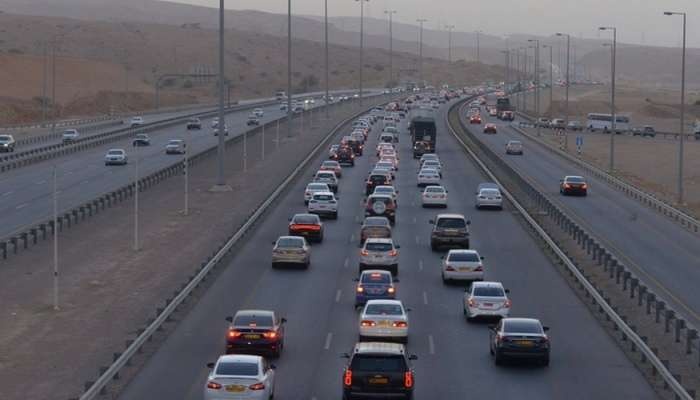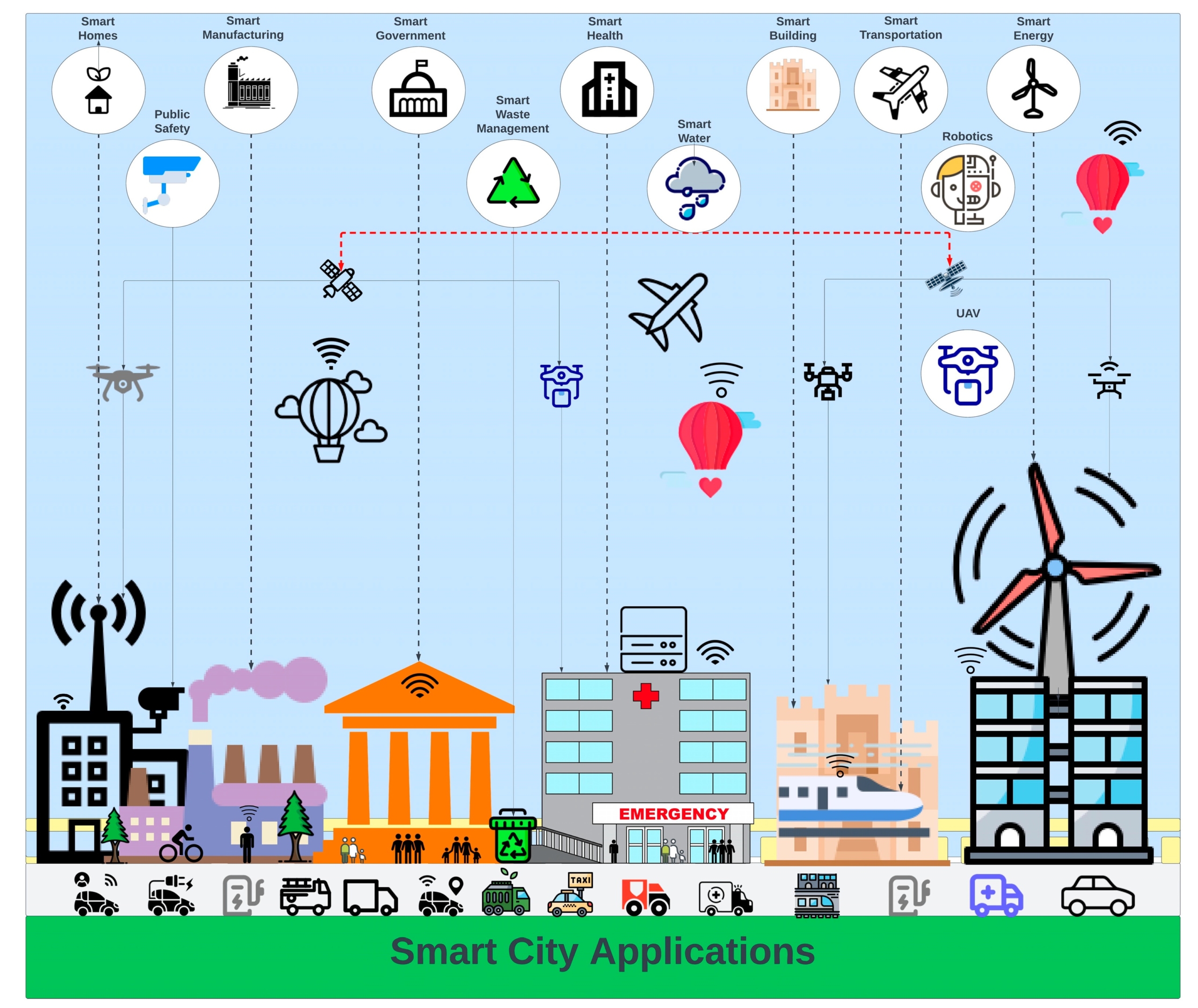Minimum custom amount to enter is AED 2
By donating, you agree to the Privacy Policy and Terms of Service

Muscat drivers have it good—while commuters in other cities are stuck in endless jams, residents here zip to work or school in just over twenty-two minutes on average. The city’s smooth traffic is a rare treat in the region, though it comes with a few environmental speed bumps.
Forget the marathon traffic of Sharjah or the gridlock of Lagos—Muscat’s average one-way commute clocks in at a breezy 22.6 minutes. That’s less than half the time spent by Sharjah’s commuters, who brave 58.3 minutes, and a fraction of the 70-minute crawl in Lagos. The average distance covered is 23.4 km, with just 0.5 minutes on foot and 22.1 minutes behind the wheel.

The latest Traffic Index put Muscat at 231st globally, with a score of 118.7—meaning traffic is generally a breeze. The city outpaced regional rivals like Damman, Doha, Abu Dhabi, and Dubai, all of which posted higher congestion scores. Most Muscatis spend less than 25 minutes commuting, so daily stress from traffic is minimal compared to other capitals.
But it’s not all sunshine and open roads. With 92.2 percent of commuters relying on private cars, Muscat’s daily traffic pumps out 5,865.5 units of CO2 emissions per capita. Experts say that while the city’s traffic is easy on nerves, it’s tough on the environment. Keeping Muscat’s commutes short and sweet will mean finding greener ways to get around in the future.
Minimum custom amount to enter is AED 2
By donating, you agree to the Privacy Policy and Terms of Service